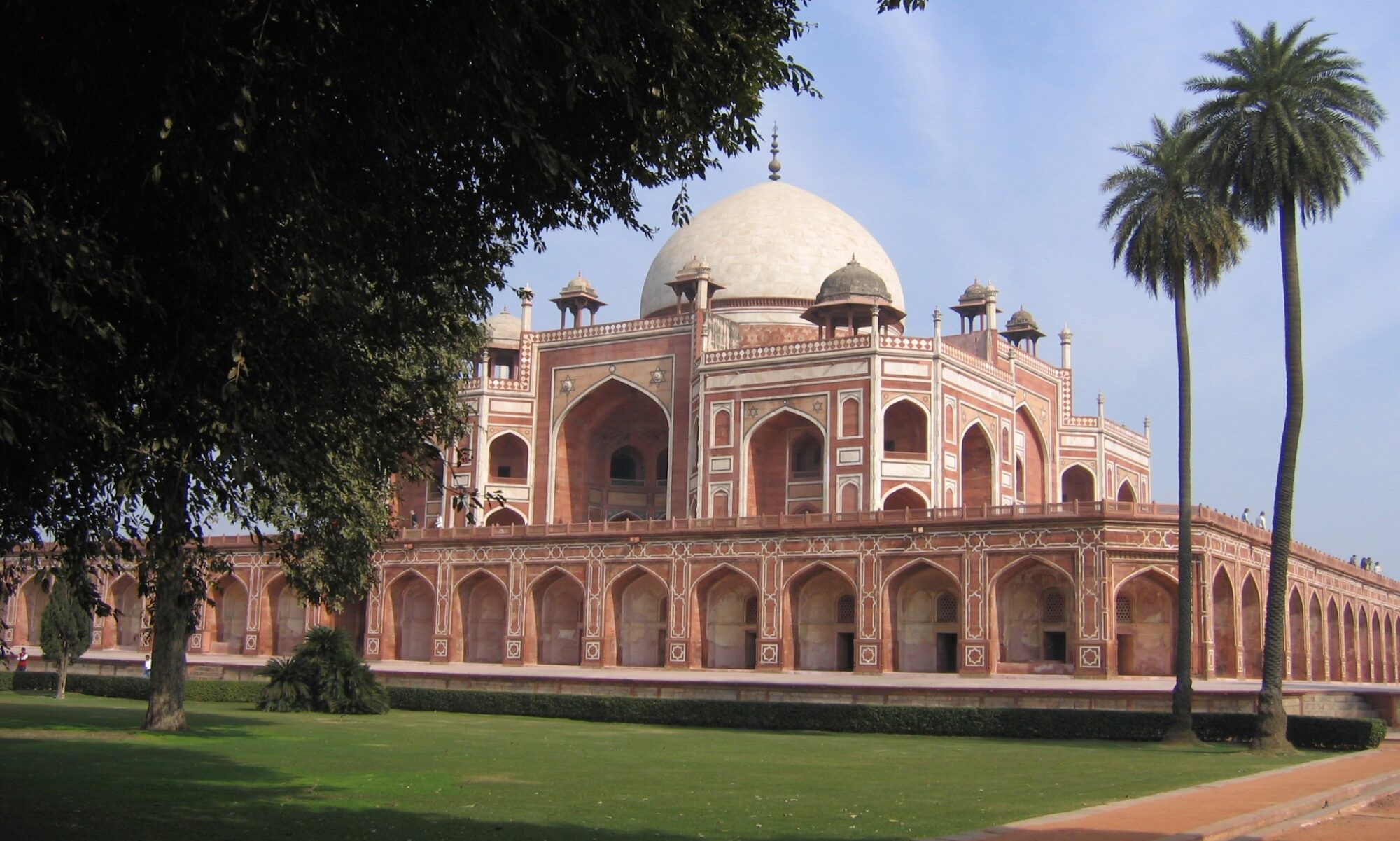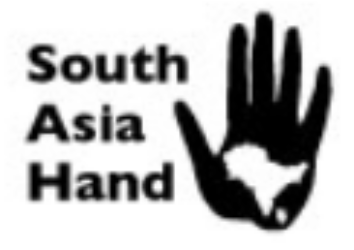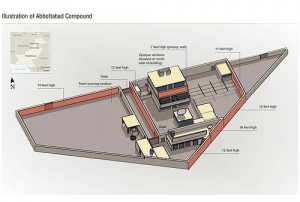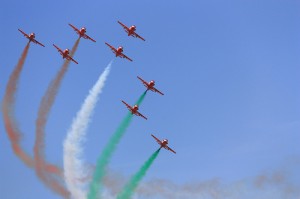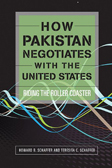May 15, 2011: Pakistan-watchers like ourselves were hardly surprised last week when Prime Minister Yousaf Raza Gilani told the Pakistan parliament that the government’s investigation of the May 1 raid on Osama bin Laden’s compound in Abbottabad would be conducted by a military commission headed by a three-star army general, not, as some had hoped, by a more broadly based body that would include civilians. The Pakistan military has always been zealous in securing its own professional interests. It does not countenance interference by civilian officials in a matter of such importance Continue reading “Abbottabad Investigation: Don’t Hold your Breath”
